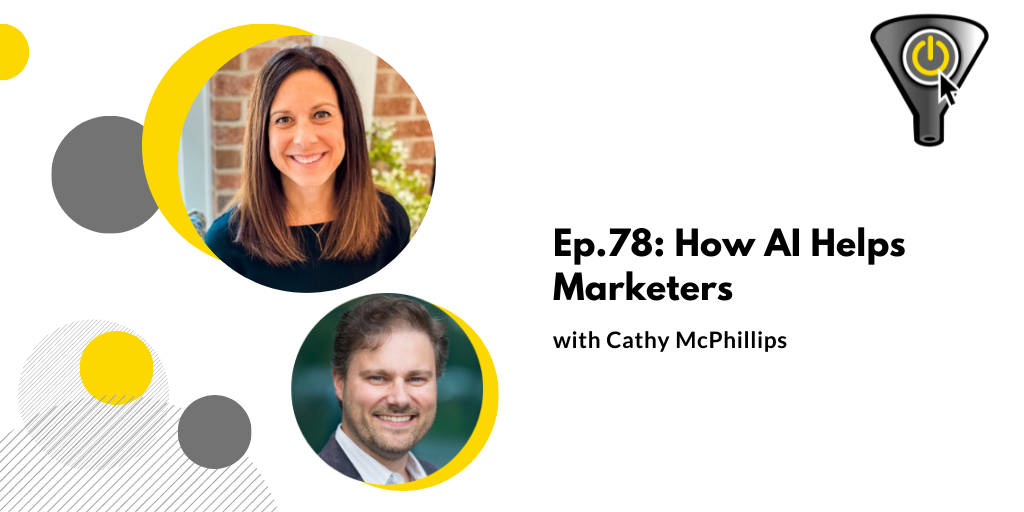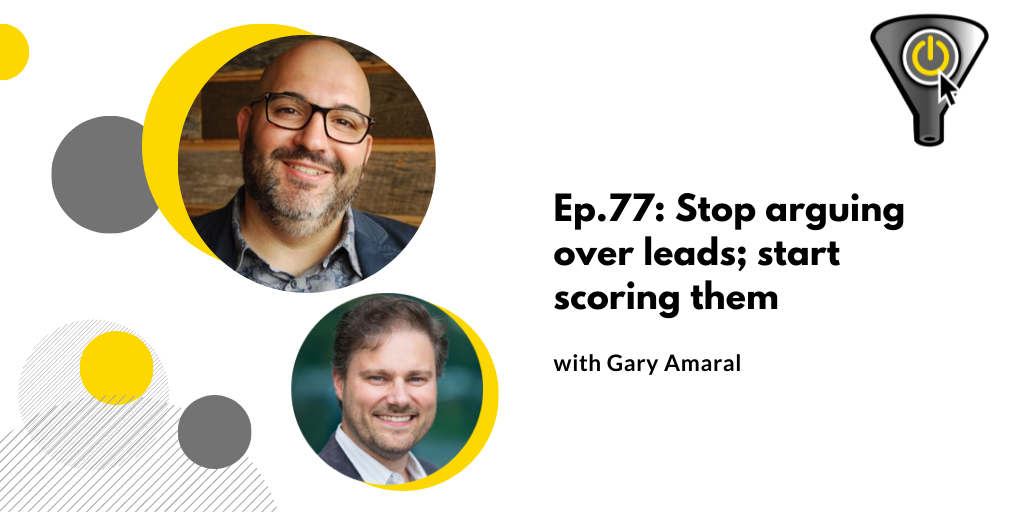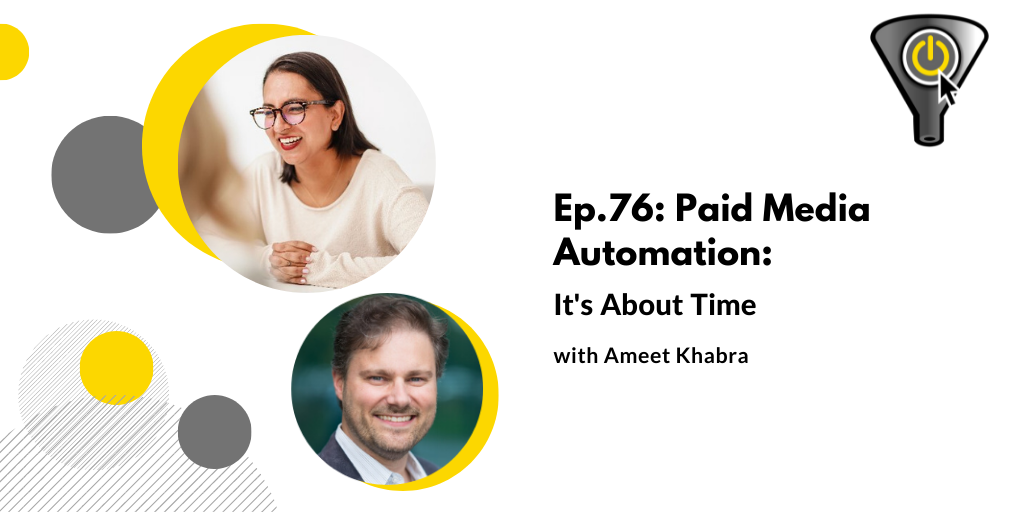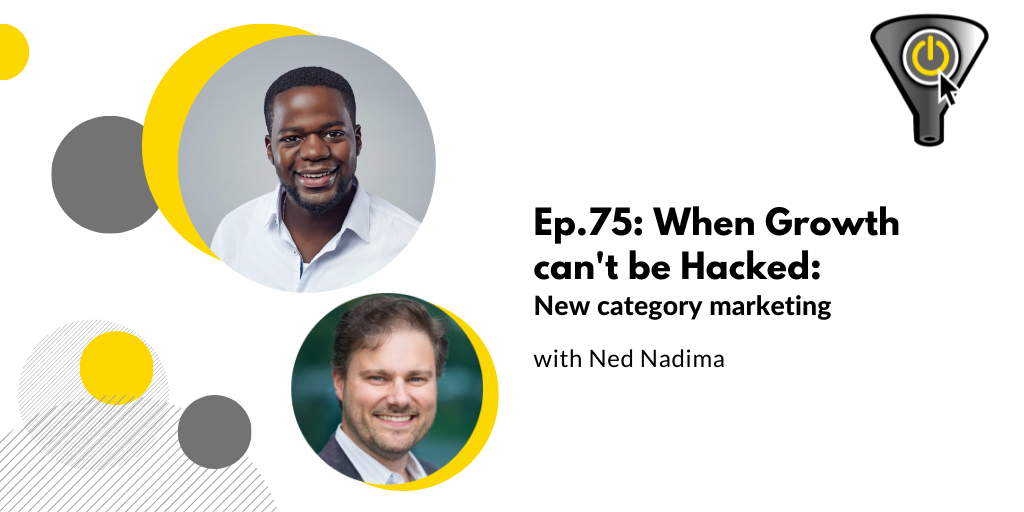It’s been amazing, what we’ve achieved by connecting up computers world-wide, webbing them together. As its full name suggests, we gave ourselves an Inter-network that provides for our every information need, on command. But there is one change that the Internet made to us, it gave us more stimulus than our biology was made to handle. The demand for our attention suddenly exceeded the supply; and this economic shift is most noticeable in the world of advertising. The digital advertising marketplace has gotten more vast, more confusing, and it’s far less clear what the rules are anymore.
Thankfully, there’s been a lot of research at the intersection of advertising and human attention. Effective marketers who are aware of the trends can tune their advertising to make their brands heard and win the attention of their target audience.
To get the latest insights into this, we’re talking to the author of the book, Paid Attention which just came out in 2022 with a revised edition.
Faris Yakob grew up in the UK and after graduating from Oxford University, led the digital innovation efforts at global ad agencies like McCann Erickson and MDC Partners. Following that, he and his wife Rosie co-founded Genius Steals, an innovation and strategy consultancy.
He also serves as a juror for marketing awards like the Clios and the London International Awards. He’s also been a member of a non-profit consortium called the Attention Council that aims to better measure the influence of marketing on people’s attention. Clearly someone who likes the written word, in addition to his books he puts out a monthly column in Admap and the Marketing Society.










